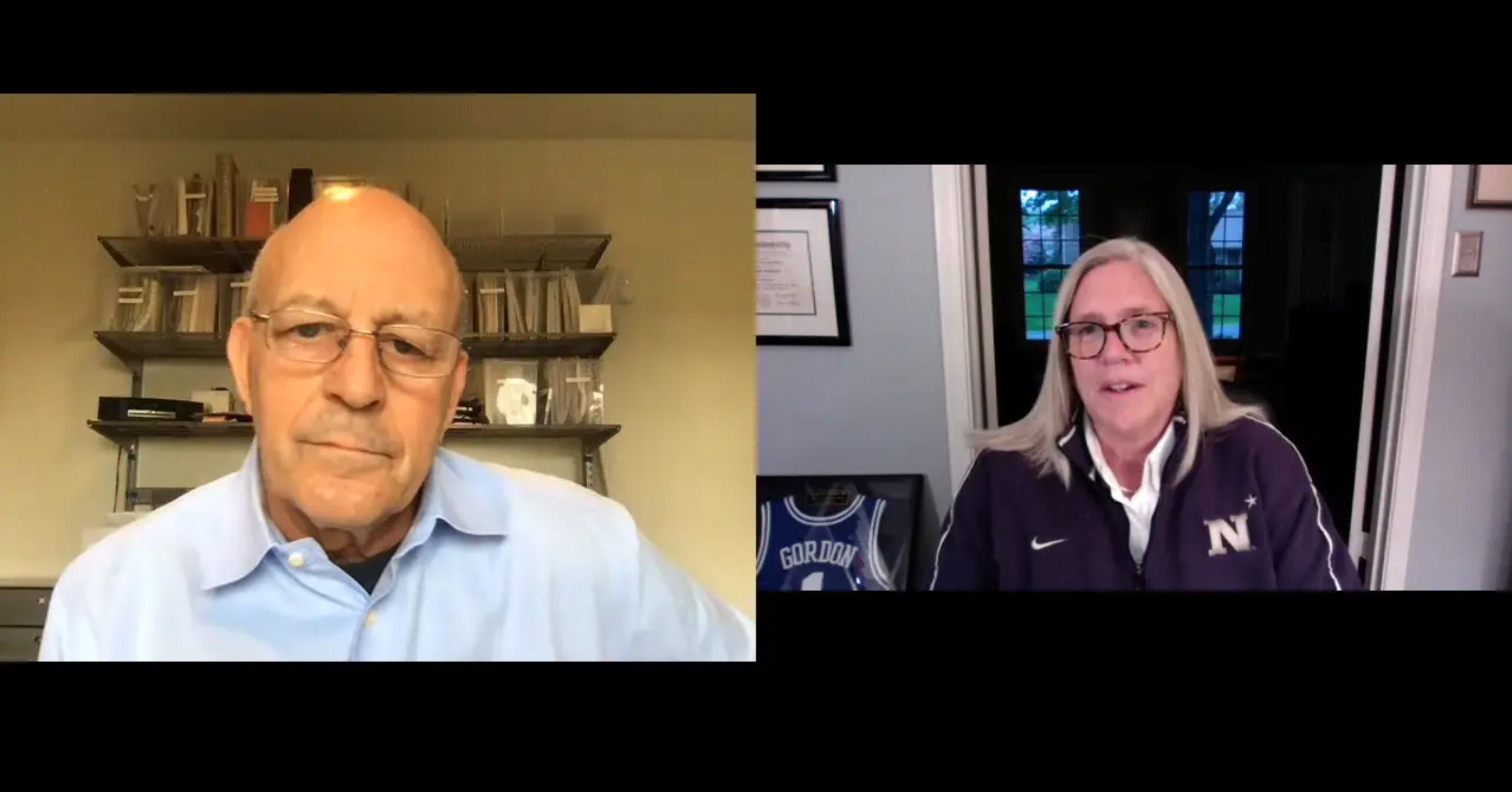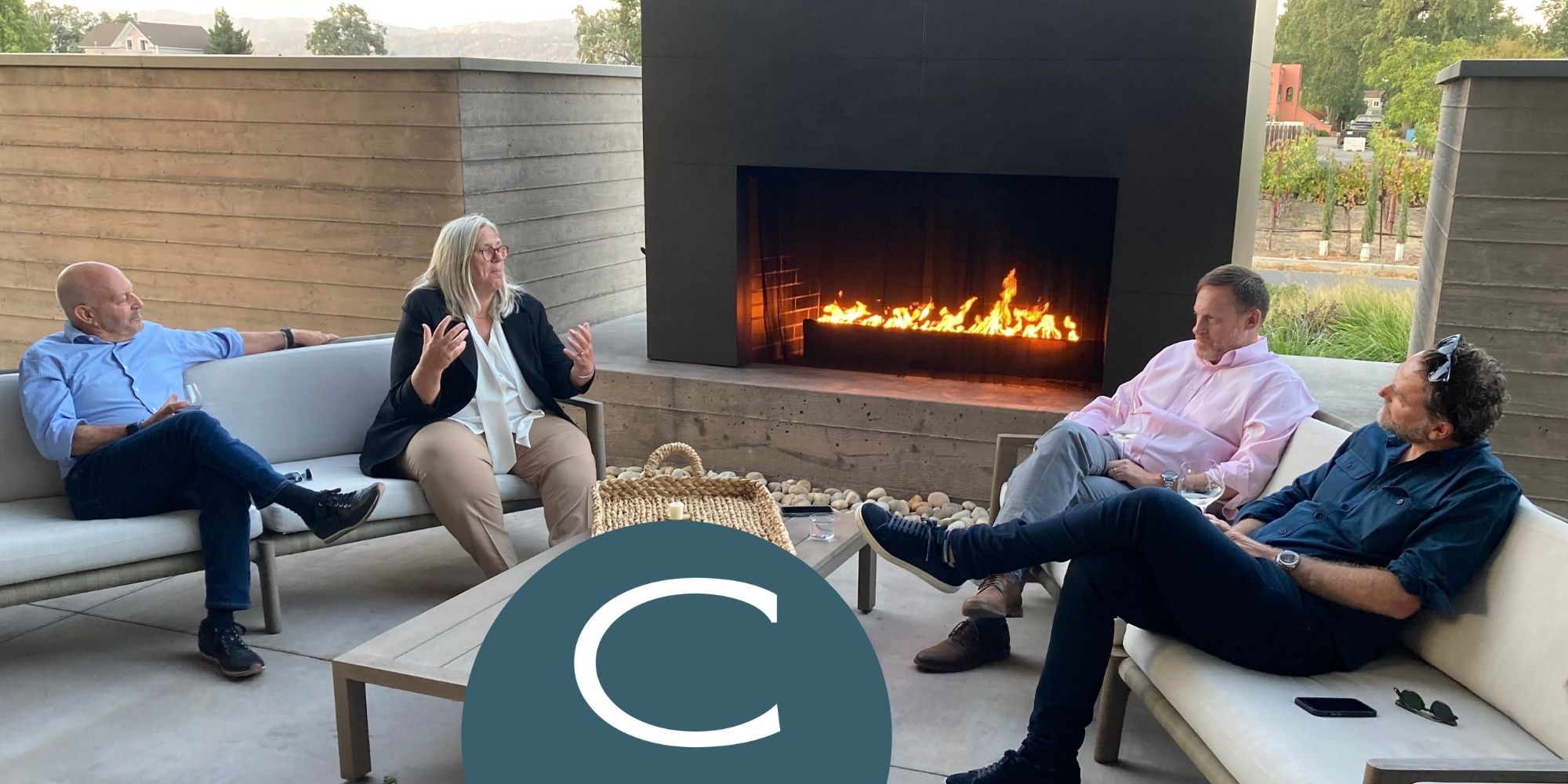The world certainly feels different than it did pre-COVID and one theory as to why was presented to Concentric CEO Mike LeFever by Sue Gordon when she discussed the new era we are experiencing in 2020.
We welcomed Sue Gordon as our first guest in our 3-part “Getting to September’ series in May.
Gordon, who joined us with an exceptional and extensive history in National Security to include 25 years with the CIA, and roles as the Deputy Director of the National Geospatial-Intelligence Agency (NGA) and more recently as the Principal Deputy Director of National Intelligence in the Office of the Director of National Intelligence (DNI) until 2019. Her 39 years within the National Security sector has provided a wide breadth of experience, providing Concentric an opportunity to gain perspective of the current state of affairs from someone who is no stranger to unique problem solving.
According to Gordon, we are entering a third epoch of threats: ‘Threats to and through information’. Moving from nation state (Cold War-era conventional threats) to individualized terrorist threats from groups like Al Qaeda and ISIS and, now, threats to and through information in this digital age.
Russian meddling in the 2016 election showed we have almost transferred from the physical to the digital in how threats are manifested and we haven’t yet adjusted to this new reality with our bureaucratic security structures. “To innovate, put revolutionaries in charge of your process.”
The pandemic has accelerated this trend. While bureaucracies innately weren’t designed to match the speed of the threat, we need their standardized processes more than ever. “We have to have new rules, new standards, and new definition of risk”, Sue Gordon states.
COVID has completely reshaped the way companies will look in the future in 3 main ways:
- Lack of prioritization on physical infrastructure costs
- Investing in operating at a distance, acknowledging the challenges of building culture and decision making at a distance
- Approaching problems in a more collective manner with other companies, encouraging interoperability
Gordon ended the talk with a word of optimism: “We can utilize this COVID era to come out better and with a new creative approach to data sharing, data analysis, and unique problem solving.”






